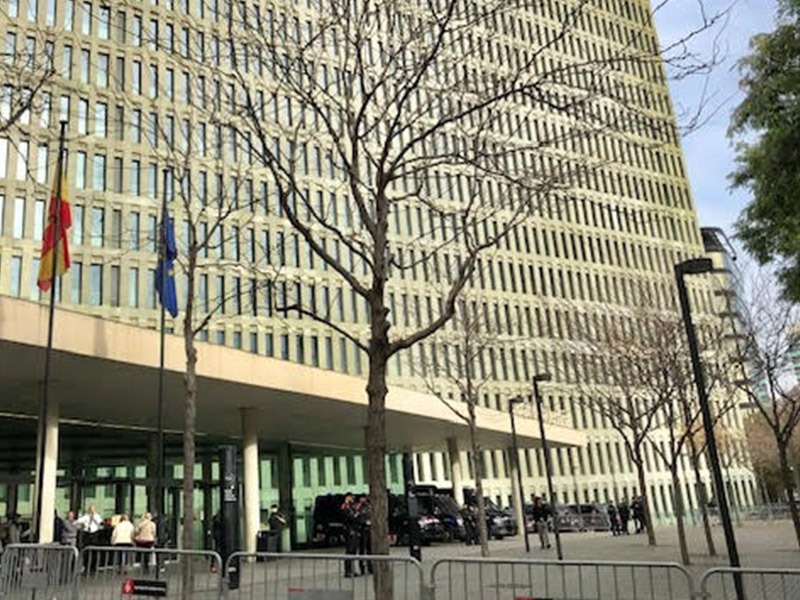
28 Mar The Essential Role of the Lawyer in Mediation
In the context of certain judicialized conflicts, intrajudicial mediation emerges as a particularly useful avenue to promote negotiated, sustainable agreements, especially those focused on the best interests of children when dealing with family matters involving minors.
In this scenario, the role of the lawyer is essential to ensure legal security, emotional support, and empowerment of their client during the mediation process. But what rights do the parties have regarding their legal assistance in mediation? Can lawyers be prohibited from attending? Let’s see.
Do the parties have the right to be accompanied by their lawyer?
Yes. The regulations recognize the right of the parties to be advised and, if they wish, accompanied by their lawyer throughout the entire mediation process.
This right is based on several legal texts:
- Law 5/2012, on mediation in civil and commercial matters (national scope):
Article 6.2 establishes that “the parties may attend mediation assisted by a lawyer or with other persons of their trust,” making it clear that this accompaniment is optional for the party but can never be prohibited. - Law 15/2009, on mediation in the field of private law (Catalan scope):
This law recognizes in Article 5.3 that “the parties may be accompanied by a lawyer or another person of their trust, if they wish.” The mediator may regulate their intervention, but under no circumstances can it be prevented if the party requests it. - Civil Code of Catalonia and case law:
Respect for defense rights, freedom of choice for mediation, and the principle of autonomy of will reinforce this right to accompaniment.
Can the mediator prohibit the lawyer’s attendance?
No. The mediator can establish the rules for the sessions, but cannot veto the party’s right to be accompanied by their lawyer if the party requests it.
What the mediator can do is propose an appropriate organization of the process, for example:
- Hold some sessions only with the parties, to promote a more relaxed or emotionally open atmosphere.
- Hold informational sessions with the lawyers before or after the meetings with the parties.
- Agree with the parties on how and when the lawyers will intervene.
However, the mediator can never impose the exclusion of the lawyer.
The Role of the Lawyer in Mediation: Not to Litigate, but to Guide
The lawyer accompanying a client to mediation does not act as a tough negotiator nor impose conditions: they have a role of advice, containment, and legal validation, ensuring that the agreements are balanced, legally feasible, and that their client is not pressured or forced to relinquish essential rights.
The lawyer can help to:
- Clarify rights and obligations.
- Assess proposals and make realistic counterproposals.
- Prepare the client for the sessions.
- Draft or review the agreement before signing it.
Thus, the presence of the lawyer can be an additional guarantee of fairness, security, and peace of mind for their client, promoting solid and durable agreements.
Conclusion
Intrajudicial mediation does not exclude, but integrates the role of lawyers, always with a shift in perspective: from litigation to collaboration, from conflict to agreement. Legal professionals not only can but must understand, promote, and support their clients in these processes, guaranteeing their right to representation and enhancing the quality and sustainability of the agreements.
It is time to break the false dichotomy between mediation and law practice. On the contrary: they are essential allies for a more humane, dialogued, and efficient justice system.
